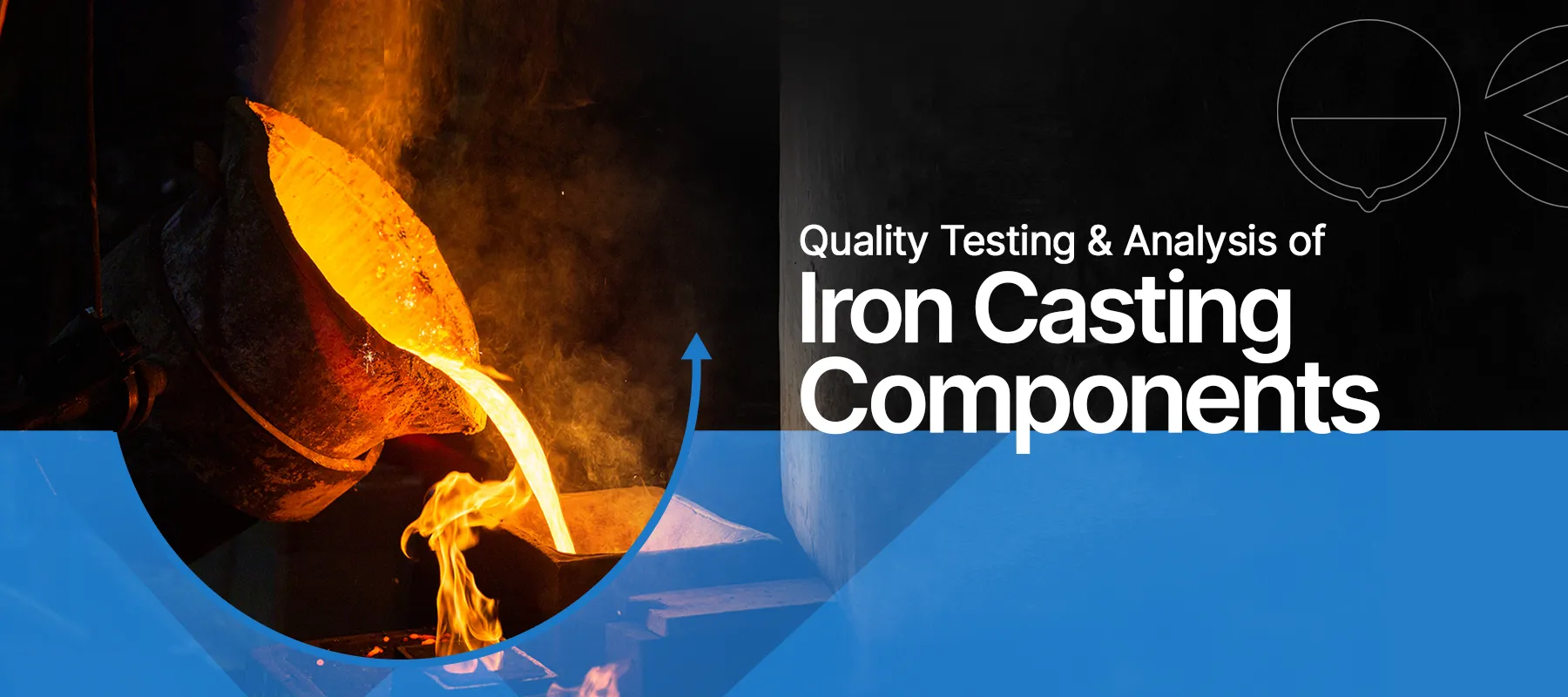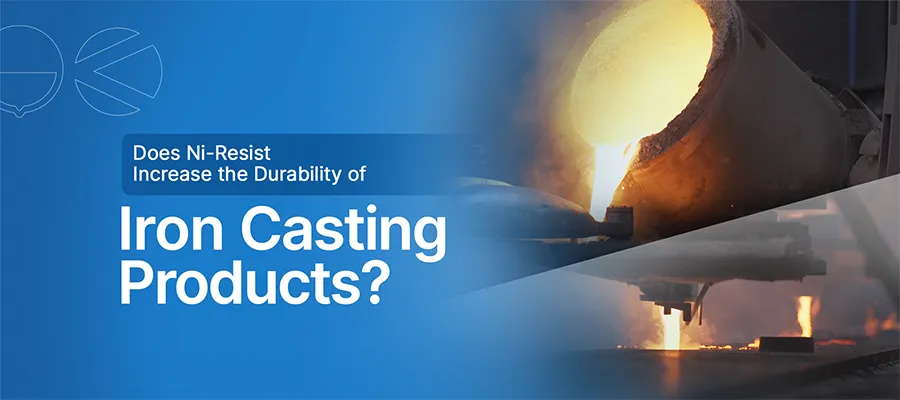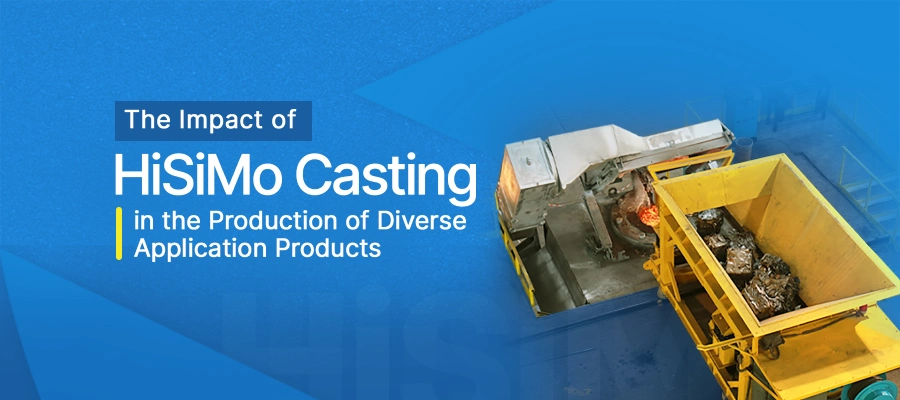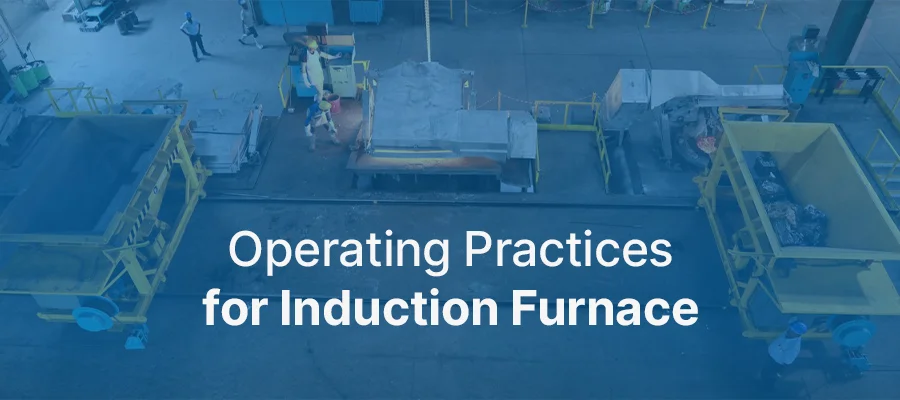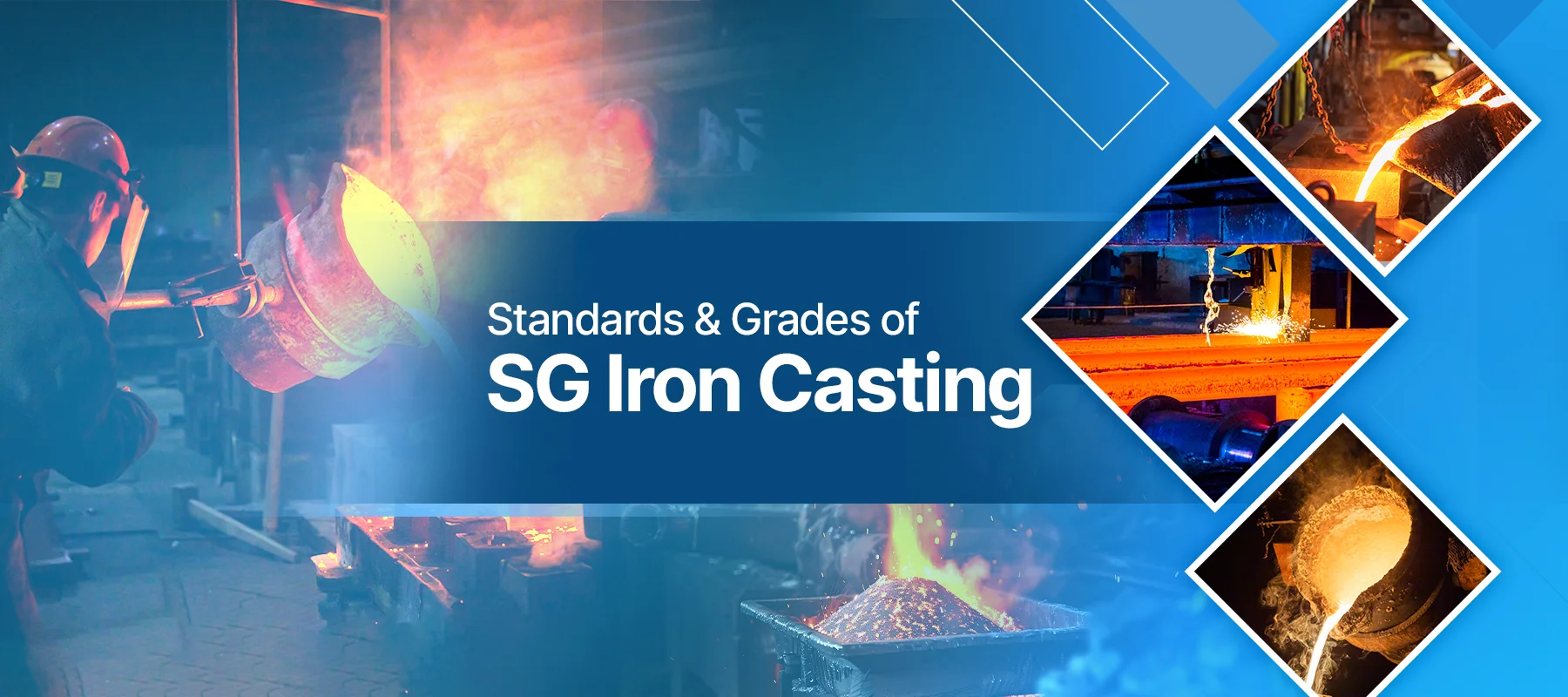
Standards and Grades of SG Iron Casting
Spheroidal Graphite Iron, commonly known as SG Iron or Ductile Iron, is a type of cast iron that has enhanced mechanical properties due to the presence of spheroidal graphite structures. These properties make SG Iron a versatile material used in various industries, from automotive to construction. In this blog, we will explore the standards and grades of SG Iron casting, helping you understand what makes this material so special and how to choose the right grade for your applications.
What is SG Iron?
SG Iron is a form of cast iron that boasts superior ductility, impact resistance, and tensile strength compared to traditional grey cast iron. The key to these properties lies in its microstructure. While grey iron has graphite in the form of flakes, SG Iron contains graphite in spherical nodules, which prevents the formation of stress concentrations and improves the material's toughness.
Importance of Standards in SG Iron Casting
Standards in SG Iron casting ensure consistency, reliability, and safety of the materials used in manufacturing. They provide a clear set of guidelines for producing, testing, and categorizing SG Iron, which is crucial for industries that rely on precise material specifications.
Several international organizations have established standards for SG Iron, including
1. ASTM (American Society for Testing and Materials)
2. ISO (International Organization for Standardization)
3. BSI (British Standards Institution)
4. DIN (Deutsches Institut für Normung)
These standards cover a wide range of specifications, including mechanical properties, chemical composition, and testing methods.
Grades of SG Iron
SG Iron classified into various grades based on its mechanical properties. These grades provide a benchmark for selecting the appropriate type of SG Iron for specific applications. The primary factors that differentiate these grades are tensile strength, yield strength, elongation, and hardness.
Common Grades and Their Properties
1. ASTM A536 Grades
Grade 60-40-18 : This grade has a minimum tensile strength of 60 ksi (415 MPa), a yield strength of 40 ksi (275 MPa), and an elongation of 18%. It known for its excellent ductility and impact resistance.
Grade 65-45-12 : With a tensile strength of 65 ksi (450 MPa), yield strength of 45 ksi (310 MPa), and 12% elongation, this grade strikes a balance between strength and ductility.
Grade 80-55-06 : This high-strength grade offers a tensile strength of 80 ksi (550 MPa), yield strength of 55 ksi (380 MPa), and 6% elongation. It is suitable for applications requiring higher load-bearing capabilities.
Grade 100-70-03 : Featuring a tensile strength of 100 ksi (700 MPa), yield strength of 70 ksi (480 MPa), and 3% elongation, this grade is ideal for extremely demanding applications.
2. ISO 1083 Grades
ISO 1083/400-18 : Equivalent to ASTM Grade 60-40-18, this grade provides excellent ductility and impact resistance.
ISO 1083/500-7 : Similar to ASTM Grade 65-45-12, offering a good balance of strength and ductility.
ISO 1083/600-3 : Corresponds to ASTM Grade 80-55-06, suitable for high-strength applications.
3. BSI and DIN Standards
These standards also categorize SG Iron into various grades similar to ASTM and ISO, ensuring global consistency in material properties and applications.
Applications of SG Iron by Grade
Automotive Industry : Lower grades like 60-40-18 used for components that require high ductility, such as crankshafts and differential housings. Higher grades like 100-70-03 used in parts that need greater strength and wear resistance, such as gears and heavy-duty engine components.
Construction and Infrastructure : Grades like 65-45-12 and 80-55-06 are utilized in the manufacturing of pipe fittings, valves, and pump housings due to their balance of strength and ductility.
Agricultural Machinery : The superior mechanical properties of SG Iron make it ideal for components like plowshares, which require both toughness and wear resistance.
General Engineering : Various grades of SG Iron used in machinery, tools, and industrial equipment where a combination of strength, durability, and machinability is essential.
Conclusion
Understanding the standards and grades of SG Iron casting is crucial for selecting the right material for your specific needs. The wide range of grades ensures that there is an SG Iron alloy suited for nearly every application, from automotive parts to industrial machinery. By adhering to established standards, manufacturers can guarantee the performance and reliability of SG Iron components, providing peace of mind to industries and consumers alike.
Whether you are an engineer, a manufacturer, or a product designer, knowing the different grades and their properties will help you make informed decisions and optimize your products for performance and durability.




